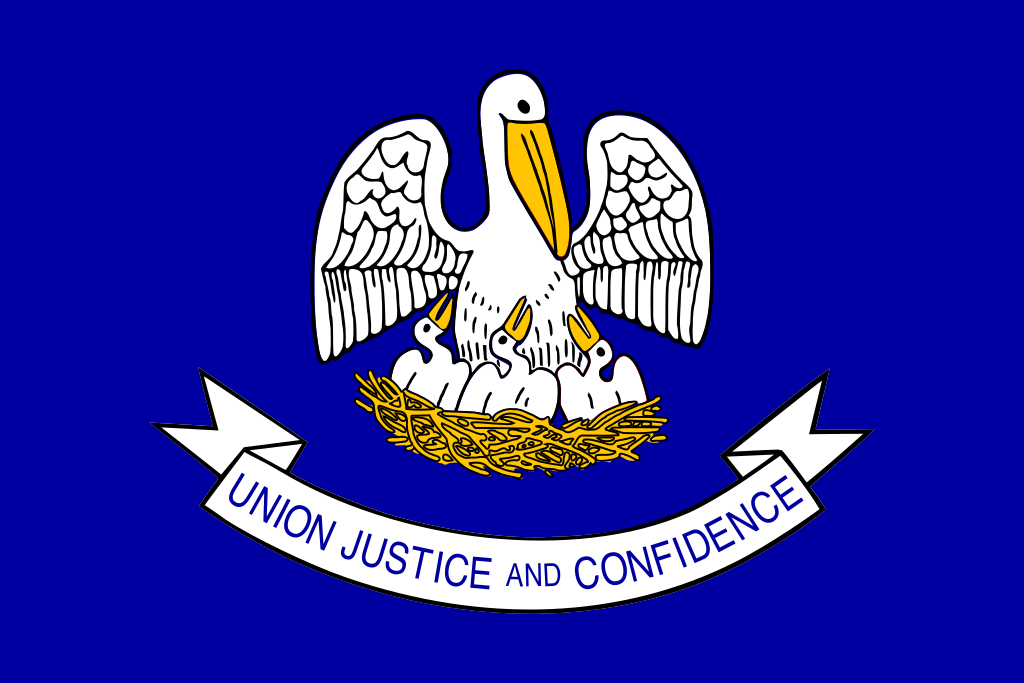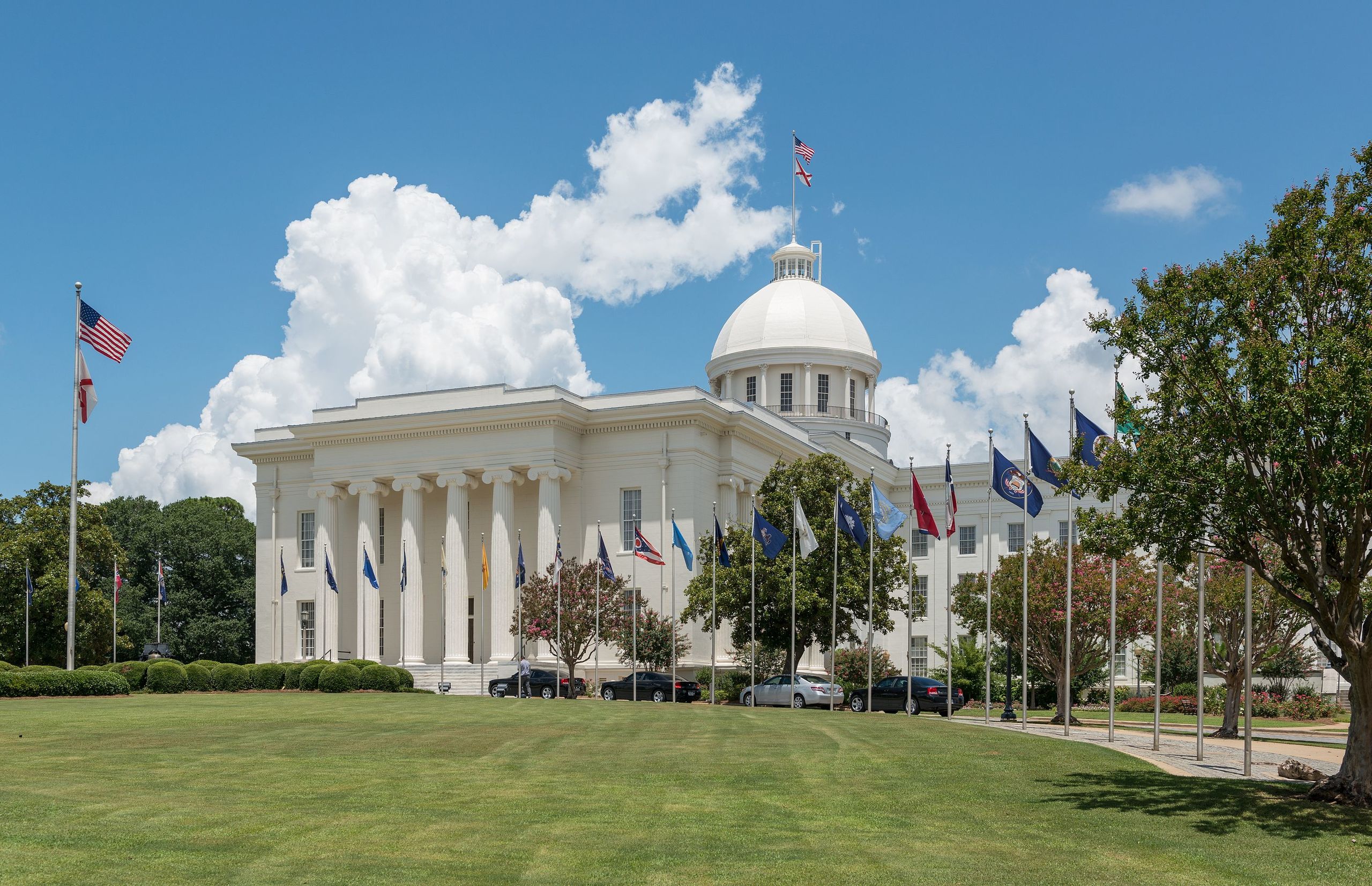Author: Nicole Fisher
-
Louisiana is the eighth state in 2025 to pass a bill prohibiting foreign national contributions to ballot measure campaigns

Louisiana is the 18th state to pass a law prohibiting foreign spending in ballot measure campaigns and the eighth state to do so in 2025, a record for the most states enacting such laws in a single year. Louisiana House Bill 693 (HB 693) modified existing campaign finance rules, including establishing new rules for political…
-
Arizona 2026 ballot measure would require voter approval to raise local grocery sales taxes, cap them at 2%

Arizona voters will decide on a measure that would prohibit local governments from establishing or raising a sales tax on groceries without voter approval, and would limit the rate to 2%. Voters will decide the measure on Nov. 3, 2026. The measure was introduced in the Arizona House of Representatives on Jan. 27 as House…
-
Louisiana voters to decide on raising judicial retirement age from 70 to 75 in April 2026

Louisiana voters will decide on a constitutional amendment that would increase the judicial retirement age from 70 to 75. It will appear on the ballot on April 18, 2026. Currently, 31 states and the District of Columbia have mandatory retirement ages for judges. These laws require judges to retire either upon reaching a specified age…
-
New Yorkers to decide on constitutional amendment regarding the forest preserve land at Mount Van Hoevenberg Olympic Sports Complex in November 2025

New York voters will decide on a constitutional amendment to authorize a land exchange related to the Mount Van Hoevenberg Olympic Sports Complex on Nov. 4, 2025. The amendment was referred to the ballot by the New York State Legislature. In New York, a constitutional amendment is referred to the ballot by passing both chambers…
-
Michigan voters have decided 319 ballot measures since 1880

Ballotpedia completed an inventory of all Michigan ballot measures since 1880. Between 1880 and 2024, Michigan voters decided on 319 ballot measures. Of these, 165 measures (51.7%) were approved and 154 (48.3%) were defeated. In Michigan, measures can be placed on the ballot through the state legislature, as well as through the citizen-initiated process. The…
-
Alaska voters to decide on campaign contribution limits ballot initiative in Nov. 2026

Alaska voters will decide on a ballot initiative in 2026 to establish new limits on campaign contributions to state and local candidates. The measure, a citizen initiative backed by the group Citizens Against Money in Politics, would set specific caps on how much individuals and groups may give to candidates and political organizations. As an…
-
Nevada voters to decide on 2026 ballot initiative allowing public school teacher strikes

Nevada voters will decide on a ballot initiative in 2026 to exempt school teachers and certain other school employees from the state law prohibiting public employee strikes. The initiative, if approved by voters, would change Nevada state law to allow public school teachers, and other education personnel, to strike. In 1969, Nevada passed legislation making…
-
Missouri voters to decide on overturning abortion rights amendment, banning gender transition procedures for minors

The Missouri State Legislature placed an amendment on the ballot that would overturn Amendment 3 (2024), which amended the state constitution providing for the fundamental right to reproductive freedom, including abortion. Voters will decide on the new amendment in November 2026. This will be the first state where voters will be deciding to overturn an…
-
Veto referendum proposed to repeal Ohio Senate Bill 1 on higher education policies, including DEI, curriculum, and faculty requirements

A veto referendum effort has been launched to repeal Ohio Senate Bill 1, a law that would change state higher education policies, including prohibiting diversity, equity, and inclusion (DEI) programs. If the referendum qualifies for the November 2025 ballot and is approved by voters, SB 1 would be repealed. SB 1 is designed to prohibit…
-
Alabama voters to decide on amendment in May 2026 to prohibit pay reductions for district attorneys during term

Alabama voters will decide on a constitutional amendment related to compensation for district attorneys on May 26, 2026. It is the second measure certified for the state’s May 2026 ballot. The amendment would prohibit lowering compensation for district attorneys during his or her term of office. Currently, the Alabama Constitution provides for the salary, fees,…

